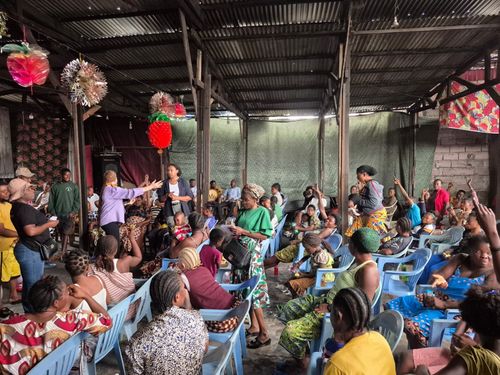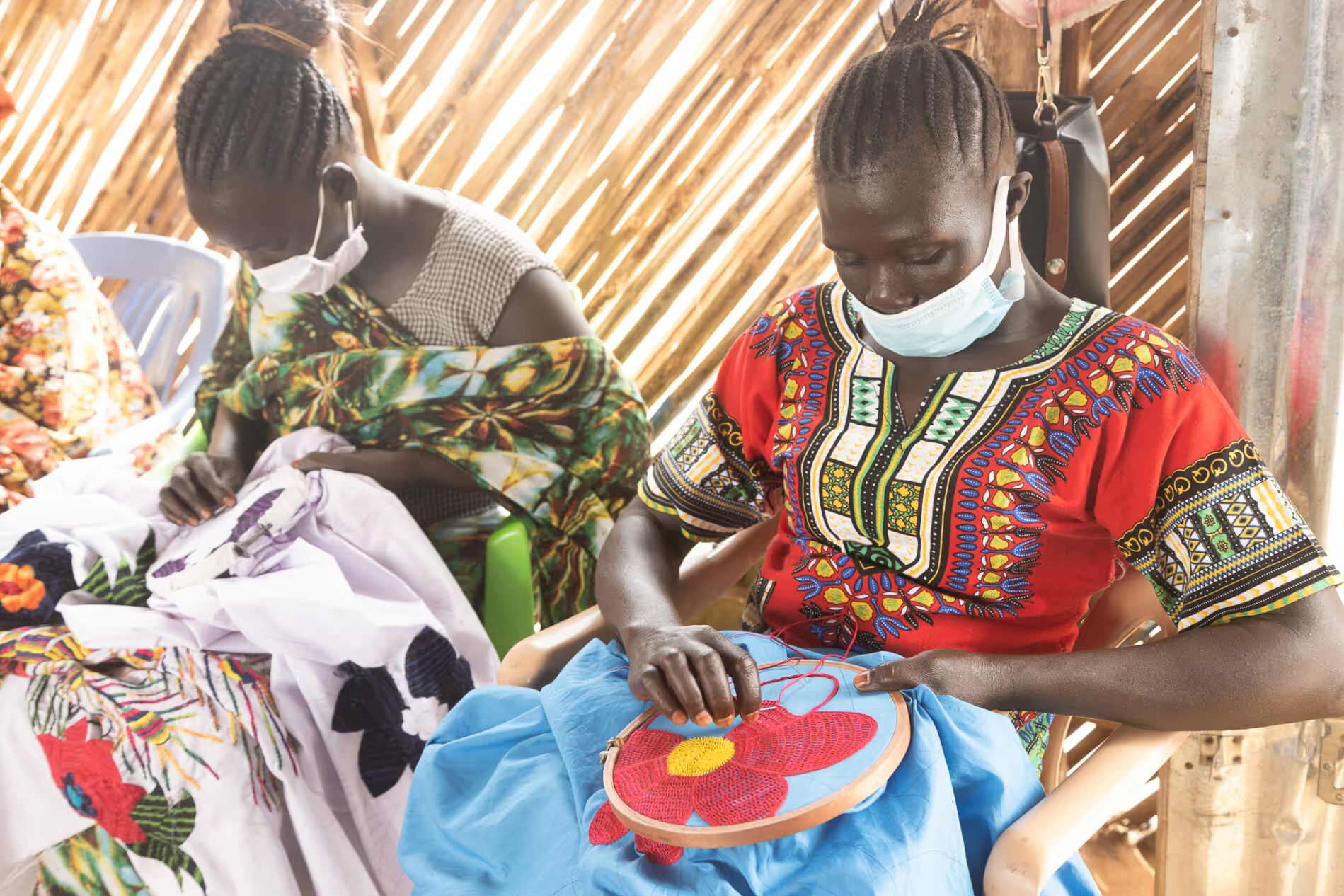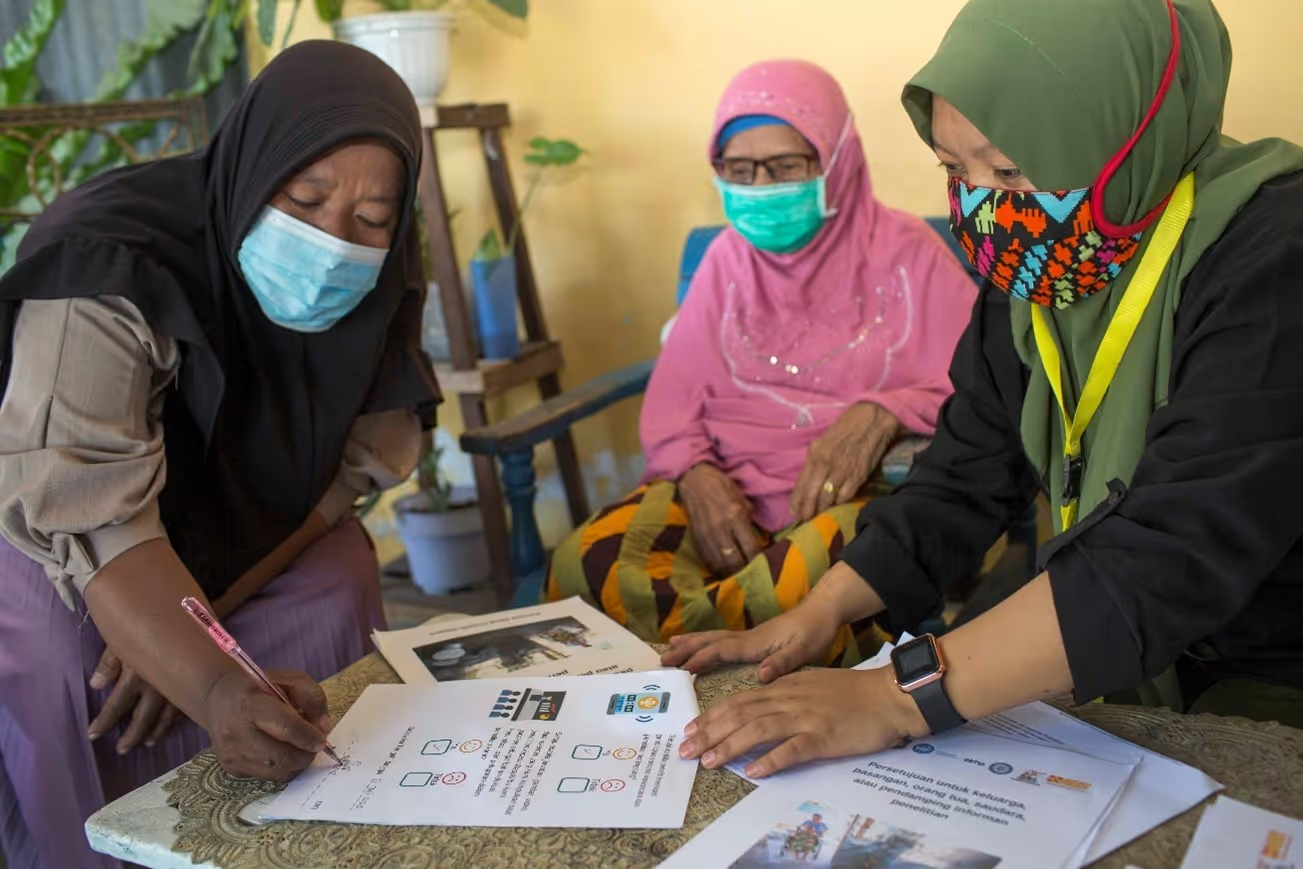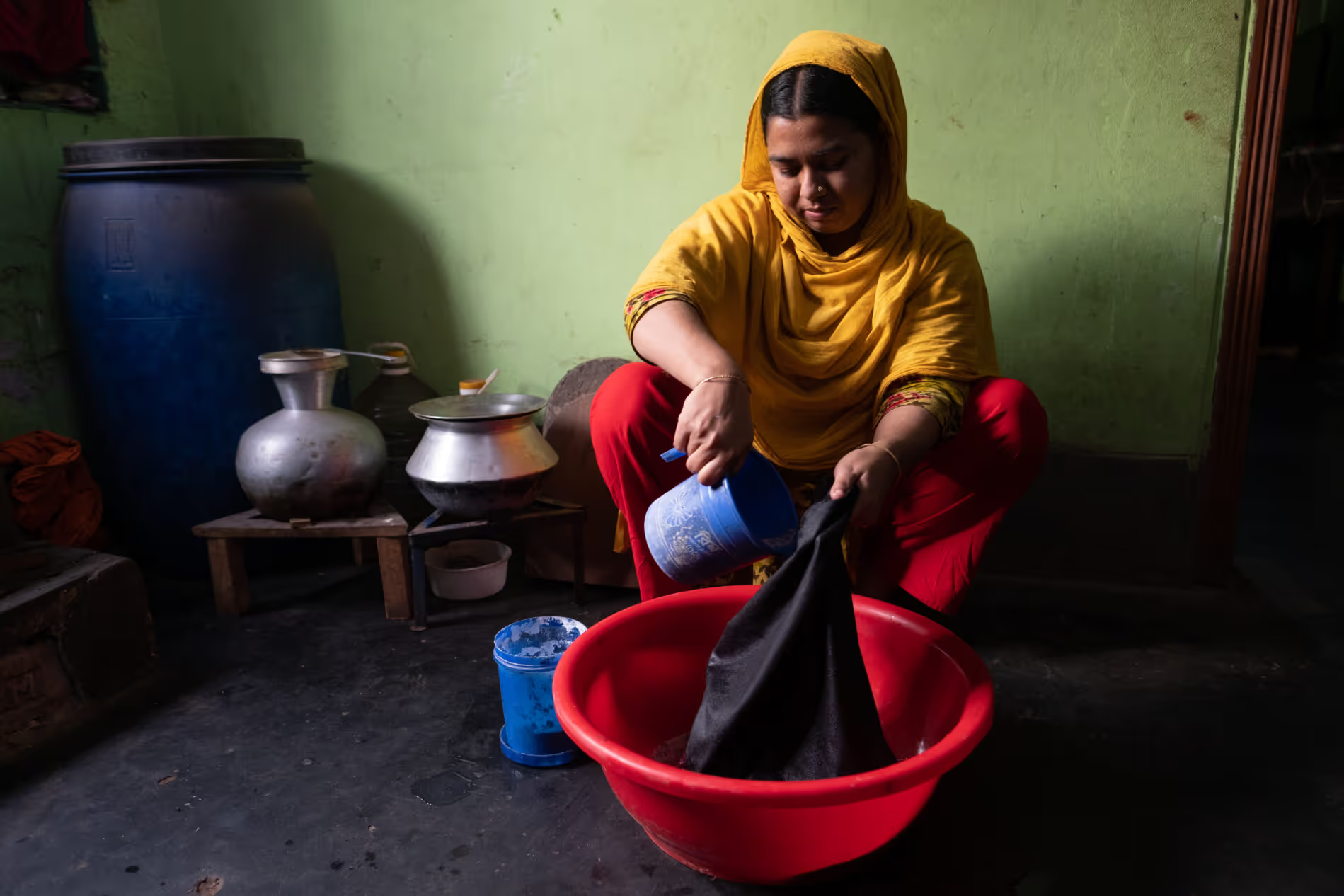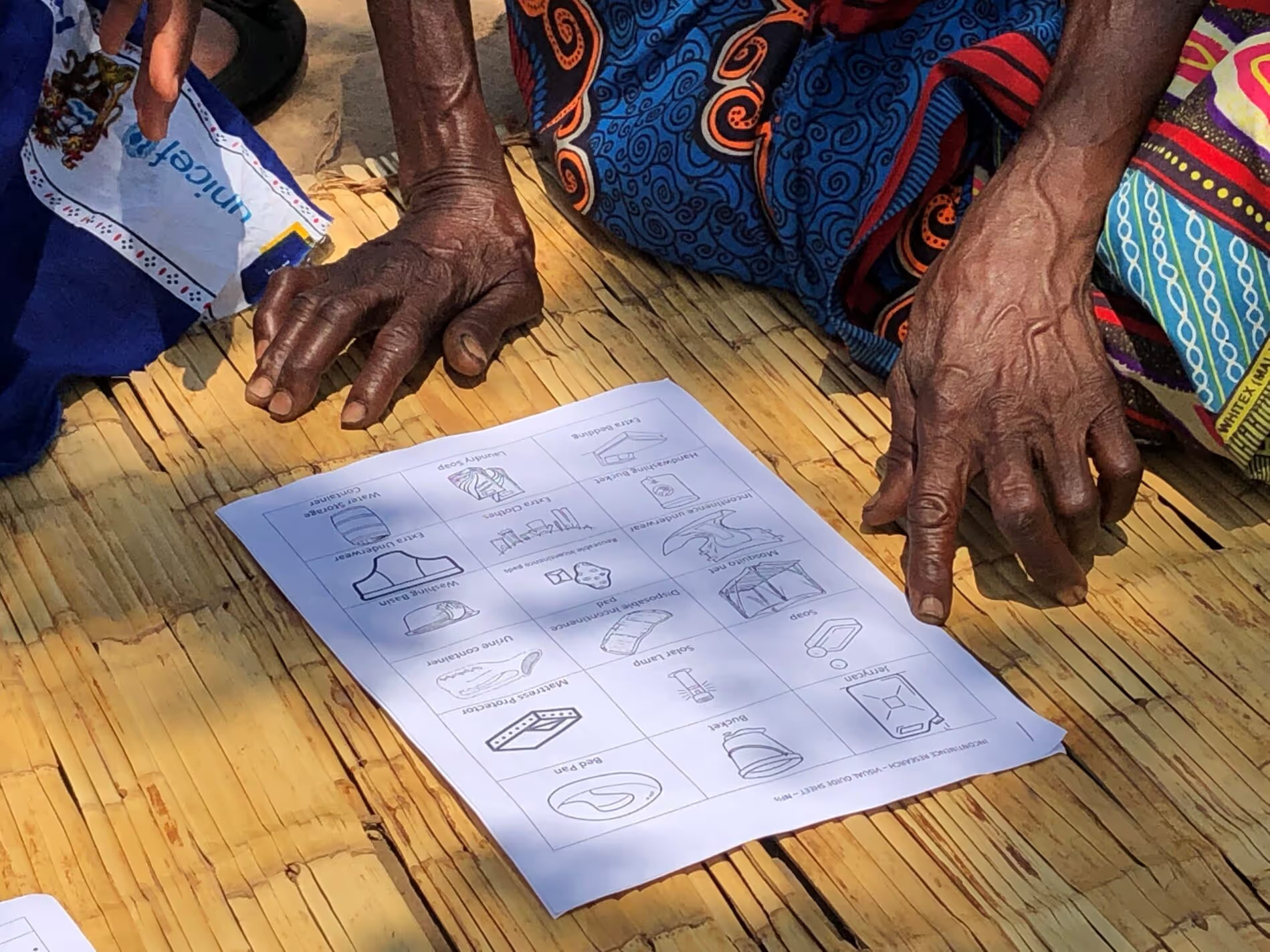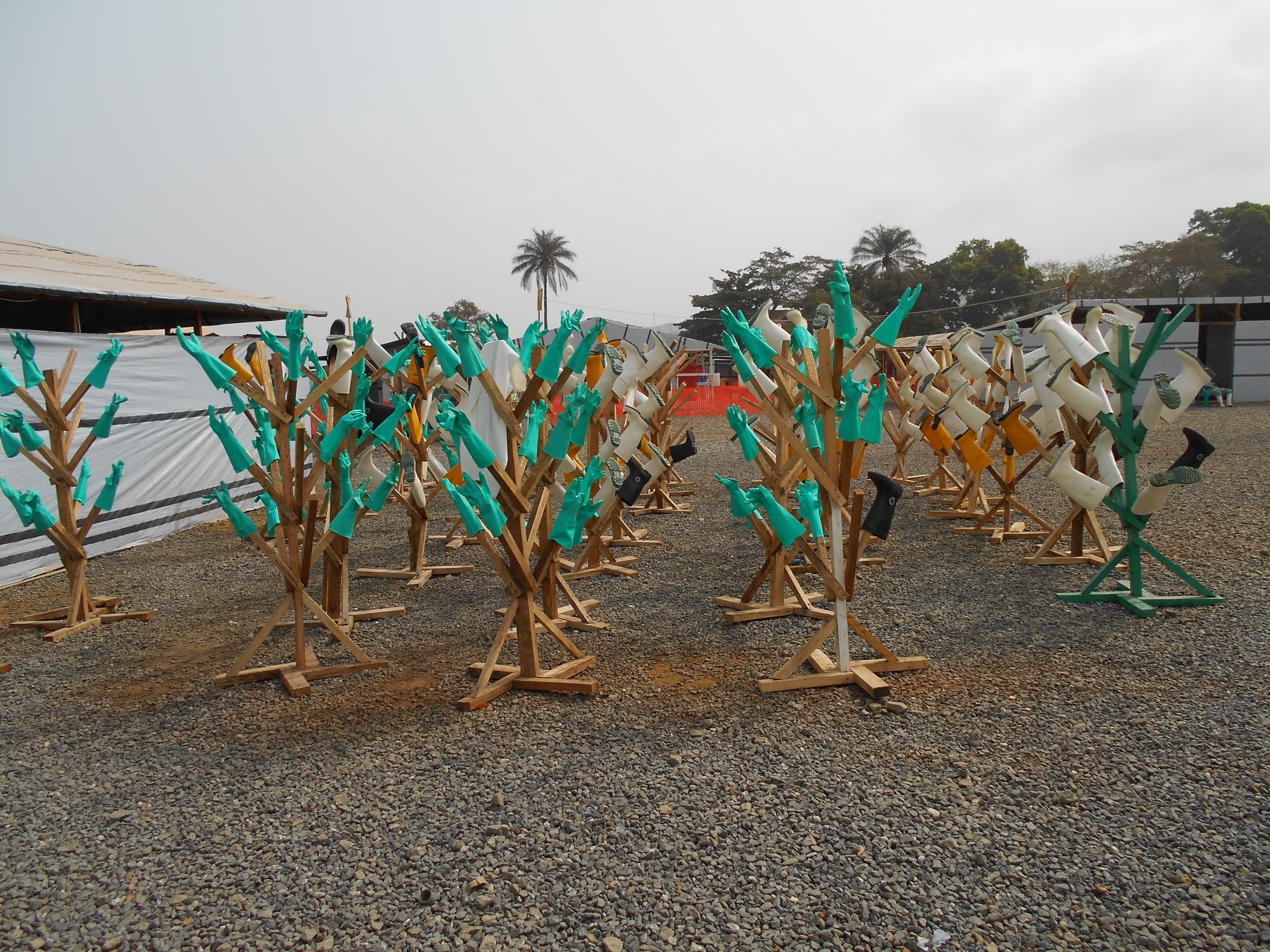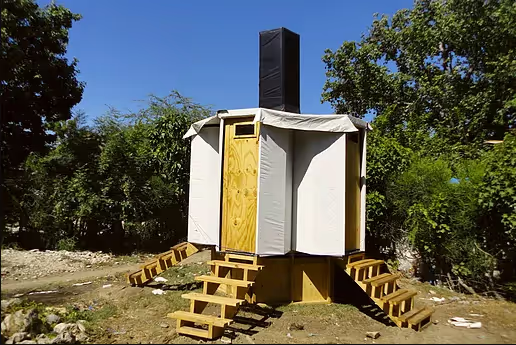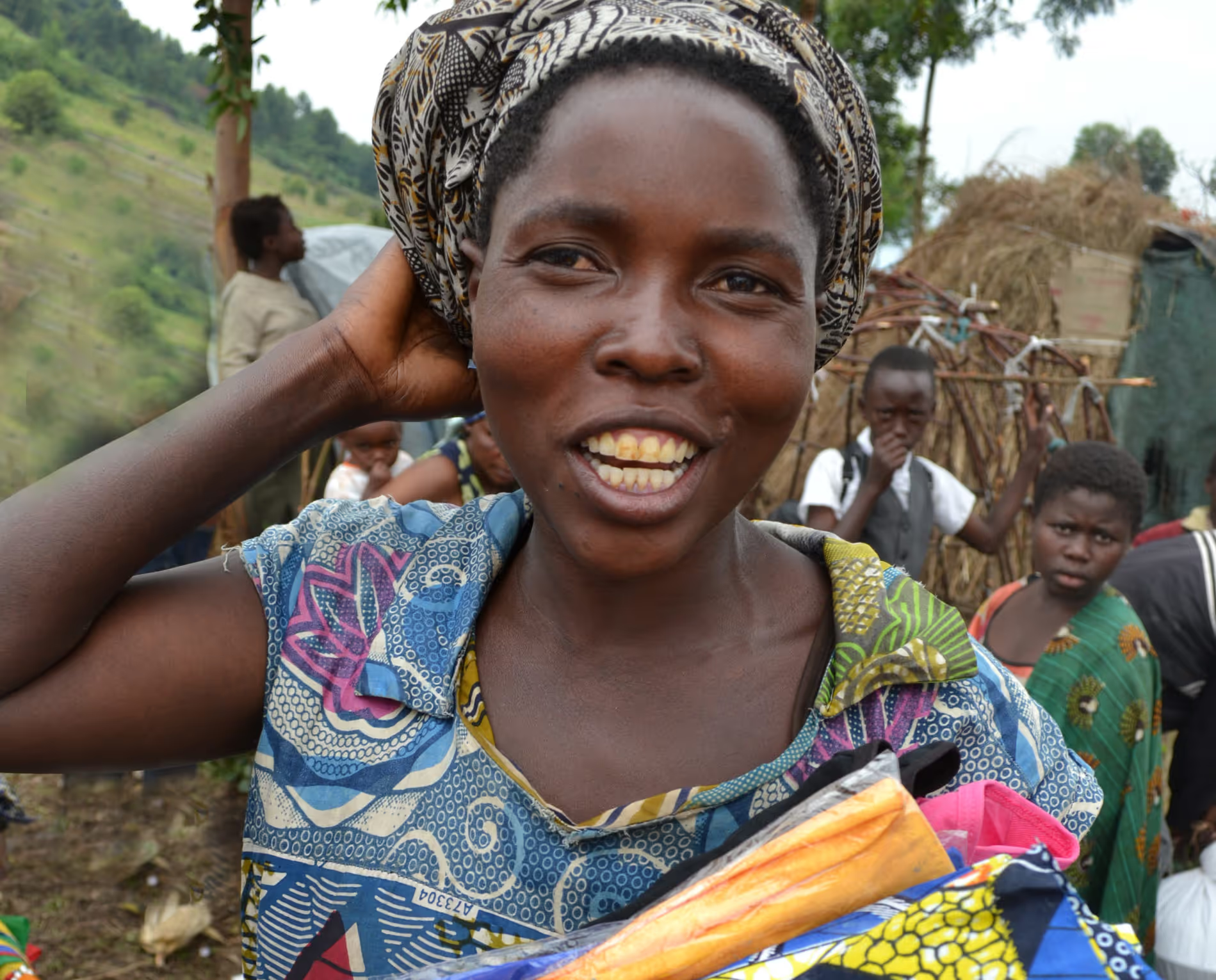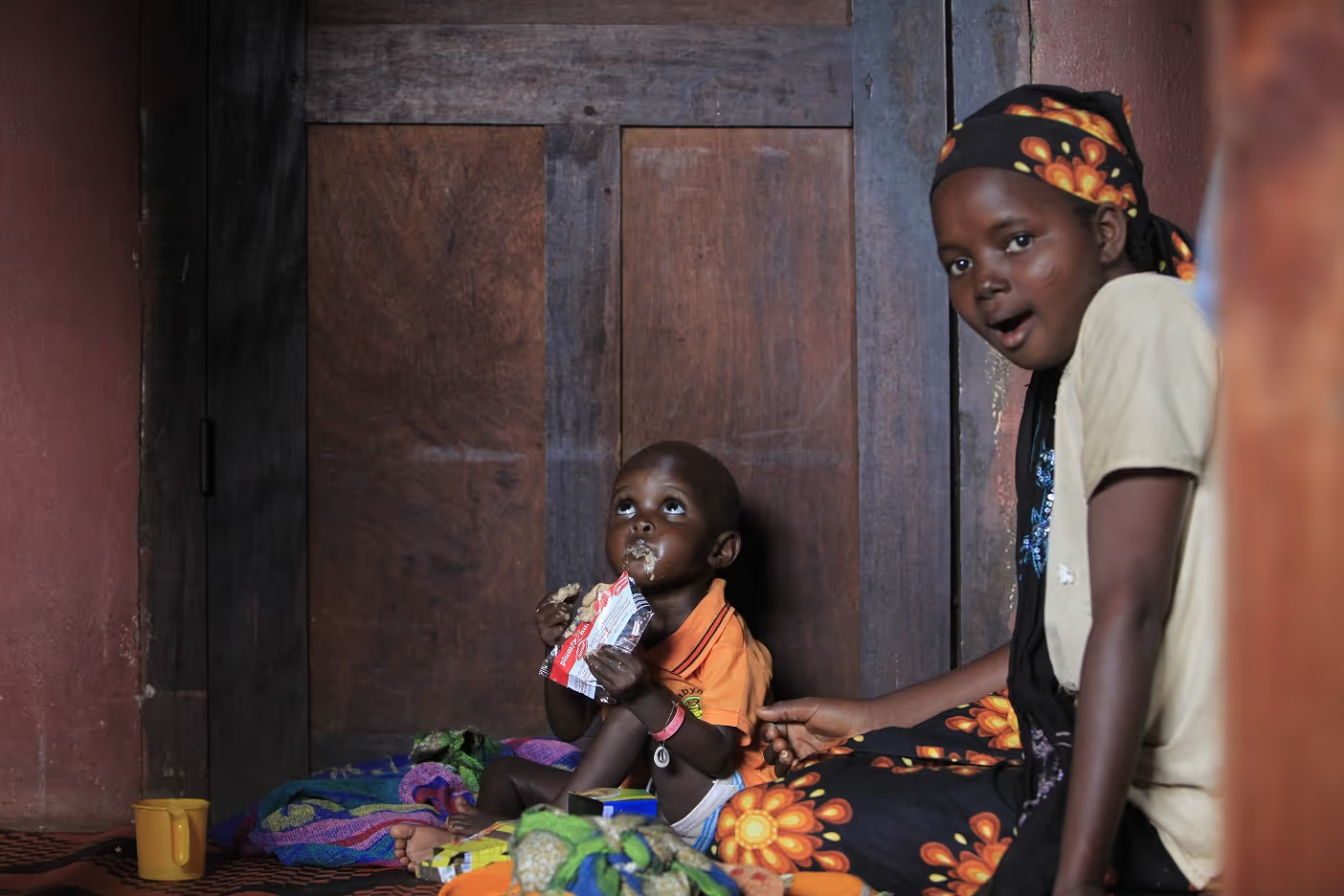Our work
Underpinning our work is a drive to see a humanitarian sector equipped to deliver better outcomes for people affected by crises. For over a decade we have funded vital research and evidence and innovative solutions to do just that.
Our strategy
Discover how Elrha is shaping the future of humanitarian response through research and innovation. Our long-term strategy focuses on fostering innovation, enhancing collaboration, and driving evidence-based solutions to improve global humanitarian response.
Research and Innovation
We fund and support research studies and innovation projects that are developing new solutions and interventions that improve existing policy and practice. By investing in research and innovation, we champion transformative ideas that lead to impactful outcomes for communities around the world affected by humanitarian crises.
Funding
As a grantmaker, we play a crucial role in supporting the generation of new evidence and innovative solutions to humanitarian challenges. Our funding helps teams and organisations to take their work from an idea to influencing policy and practice, helping to address the most urgent needs for people and communities affected by crises.
Resources
Sharing insights from our funded grants and our own research and insight is a big part of what we do. From flagship reports aiming to strengthen the humanitarian system, to the valuable evidence produced by our grantees. Our resources range from research and analysis to practical toolkits, and evidence reviews to case studies. All produced to guide and support the humanitarian community working in regions affected by crisis.
Report
Report
Impact and learning
Elrha employs a robust Monitoring, Evaluation, Accountability, and Learning (MEAL) system to assess and enhance our humanitarian response efforts. Through rigorous research and innovation, we continually strive to improve outcomes for those affected by crises.
We have pioneered new approaches in the sector that have enabled research and innovation to deliver meaningful impact on humanitarian challenges. We have built global networks and championed ethical approaches that have produced high-quality research in some of the most challenging contexts in the world. We have led the way in funding innovation that goes beyond the application of new technologies, demonstrating that innovative thinking and approaches can address the challenges that people face during crisis.
Transformative ideas funded worldwide.
Incentivising collaboration across the humanitarian sector.
How to get involved
Elrha’s work is made possible through the generous support of global funders and collaborators. We invite you to join us in our mission to address humanitarian challenges by exploring the various ways you can get involved:
Partner with us to support innovative new solutions and robust research that informs and improves humanitarian response.
Learn moreWork with us to develop solutions that address pressing humanitarian needs through research and innovation.
LEARN MOREHear the latest news and updates about humanitarian research and innovation, as well as our publications, insights, and funding opportunities.
Sign up to our newsletterExplore current job openings and opportunities to contribute to Elrha's mission of driving positive change in the humanitarian sector.
LEARN MOREPicture from the Cyclone Eloise relief effort in Buzi. Credit: Light for the World.
Explore Elrha
Learn more about Elrha’s mission, the organizations we support, and the resources we provide to drive innovation in humanitarian response.
